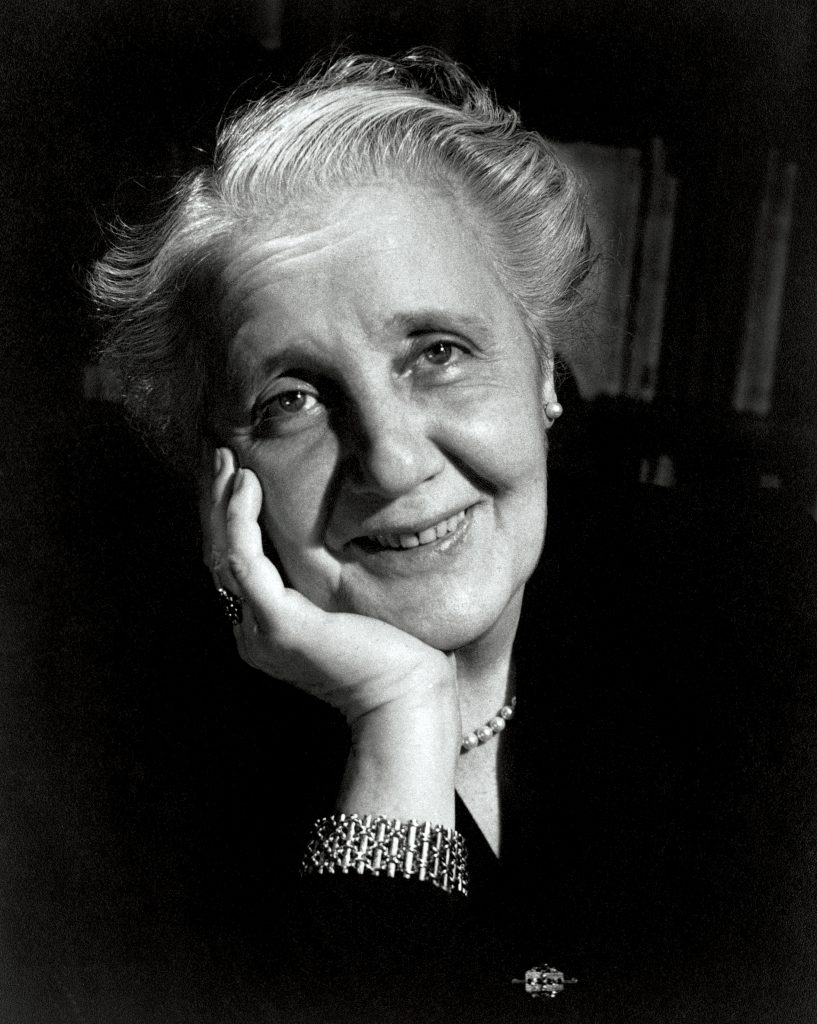
Melanie Klein did not plan to make her career in psychology, but was instead studying to become a doctor. Her initiation into psychology happened when she started therapy for the issues in her personal life with Sandor Ferenzi in Budapest. By the age of 38, she was already a member of the nascent Berlin Psychoanalytical Society. In her work, she noticed how children express though the channel of ‘play’ and how it carried symbolic meaning and connotations. Melanie Klein was one of the first female psychoanalysts to have worked directly with children. She was convinced that the use of psychoanalysis could be extended to children as well. In ‘Die Psychoanalyse des Kindes’, her first publication, which was translated into English the same year as ‘The Psycho-analysis of Children’, she ideated her thoughts about using ‘Play’ as the means for therapy for children.
Although her theory is one of the lesser familiar theories in Psychology, her conceptualisation of ‘Object Relations’ is widely accepted and used. She succeeded in formalising concepts that were earlier taken for granted- like the sensitivity of children to their environment. The maternal emotional attitude, and its’ implications on the formation of adult personality and adult mental health was specifically was brought to light.
Klein did not exempt infants as innocent. Instead, she argued that immaturity brings with itself, a flux of impulses, anxieties and aggressions into the infantile mind. This highlights the need of ‘Object Relations’- the relations with parental figures to develop in a way that they can regulate these impulses within the child.
The object relations theory propounded by her is a variation of Freud’s psychoanalytic theory. It diverges from the heavy focus that Freudian psychoanalysis put on sexual and aggressive drives governing human behaviour. Instead it moved towards focusing on the human need to form relations– Object Relations. She highlighted the importance of the first 4-6 months in a child’s life when all of their drives are directed towards an ‘object’.
The language used in writing this felt easy on the reader and really held me till the end. As someone who isn’t quite familiar with the various roots of psychoanalysis this was quite informative. Thank you for sharing this.
Thank you for reading and sharing your thoughts!!